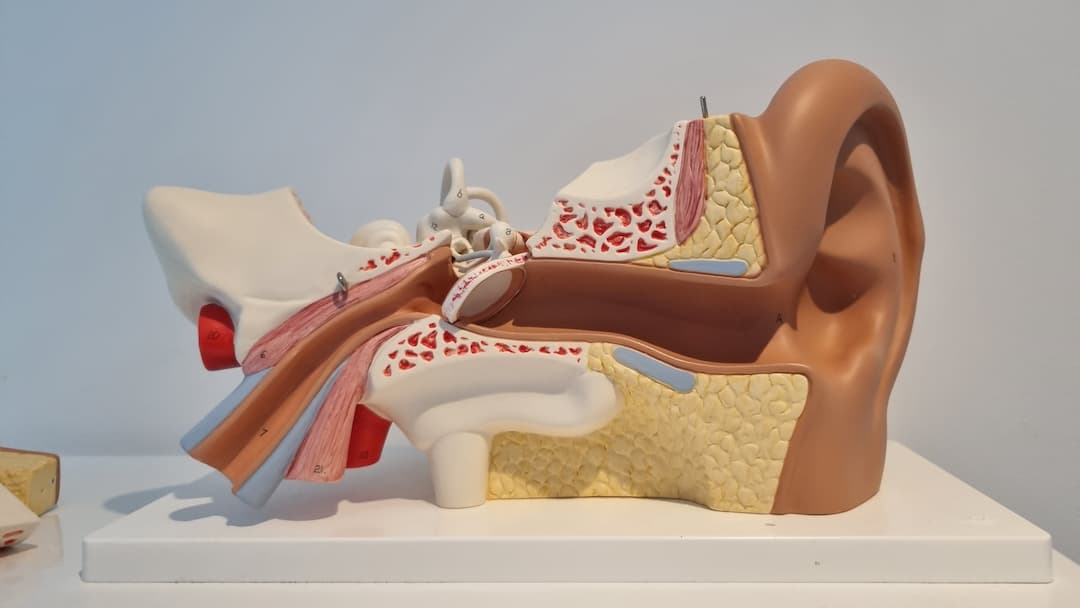Our ears do more than just help us hear. They also play a crucial role in keeping us steady. This connection between hearing and balance is often overlooked. Let’s explore how our ears contribute to balance, the impact of ear-related orientation issues, and tips for maintaining ear health.
How Our Ears Help With Balance
The inner ear is responsible for both hearing and balance. It has two main parts: the cochlea for hearing and the vestibular system for balance.
How Our Ears Help With Balance
The vestibular system in the inner ear includes three semicircular canals and two otolith organs. The otolith is a small structure in the inner ear that plays a key role in the body’s ability to sense gravity and linear acceleration.
These parts contain fluid and tiny hair cells that detect head movements and body position. When you move your head, the fluid moves, bending the hair cells and sending signals to your brain about the movement. This helps you stay balanced.
Hearing Loss & Balance Problems
Hearing loss can sometimes lead to balance issues, especially if the inner ear is affected. Conditions like Ménière’s disease, vestibular neuritis, and labyrinthitis are common examples.
Ménière's Disease
Ménière’s disease affects the inner ear, causing vertigo (dizzy spells), hearing loss, tinnitus (ringing in the ears), and ear fullness. It’s linked to abnormal fluid buildup in the inner ear, which will affect both hearing and balance.
Vestibular Neuritis & Labyrinthitis
Vestibular neuritis and labyrinthitis are inflammations of the inner ear, often due to viral infections. They cause vertigo, dizziness, balance problems, and sometimes hearing loss. The inflammation disrupts the signals from the inner ear to the brain, which then affects your balance.
Tips For Maintaining Ear Health
Keeping your ears healthy is important for both hearing and maintaining stability. Here are some simple tips:
- Protect Your Ears From Loud Noises: Loud noises can damage your hearing. Use ear protection in noisy places and keep headphone volume low.
- Practice Good Ear Hygiene: Don’t put objects into your ears to clean them. Use a damp cloth for the outer ear and see a professional for earwax removal if needed.
- Stay Active: Physical activities like walking and yoga can improve your coordination and centre of gravity.
- Monitor Ear Health: Pay attention to changes in hearing or balance. If you notice problems, see a specialist.
- Healthy Diet & Hydration: Stay hydrated and eat a balanced diet to support overall ear health. Reduce your salt intake to prevent fluid buildup in the inner ear.
See Clear Hearing Solution To Address Hearing & Balance Issues
Understanding the link between hearing, ears and balance highlights the importance of our ear health. The inner ear’s vestibular system helps keep us steady, so any issues with the inner ear can lead to problems. By protecting and caring for your ears, you can ensure both your hearing and balance stay in good condition. If you have any ear-related symptoms, book an appointment with us today. Your ears are vital to your overall wellbeing, so take good care of them!



